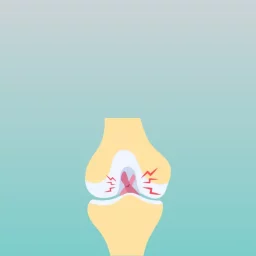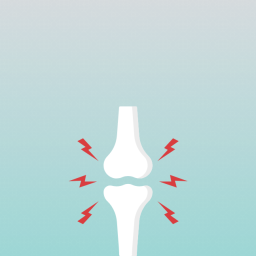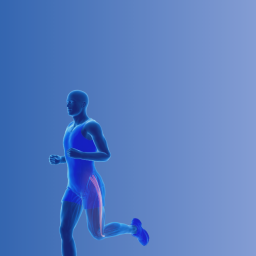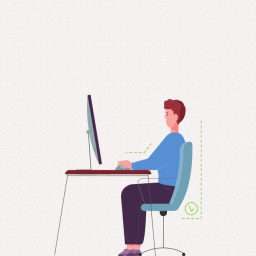WHAT IS “PSOAS SYNDROME”?
Psoas Syndrome is a rare injury to the Iliopsoas muscle. It is more commonly seen in athletes but can occur in the general population as well. The psoas muscle is in the lower back area with its origin on the anterior/front side of the lumbar vertebrae and extending to its attachments to the pelvis and thigh bone (femur). It serves as a hip flexor and external rotator of the leg. A common example of this muscle working is walking.
The Cause
Psoas Syndrome has no identifiable cause. Activities that result in repetitive hip flexion can result in underlying psoas syndrome. It is a common condition among athletes including runners, dancers, and high jumpers. It is also seen in people who sit at a desk for long periods of time during the day such as office workers.
PSOAS SYNDROME Symptoms
Typical Symptoms of Psoas Syndrome include :
- Buttock pain
- Pelvic Pain
- Groin Pain
- Low back pain
- Sense of catching in the groin with knees flexed to 90 degrees
- Pain often occurs with a change in positions, moving from sitting to standing or having difficulty standing upright.
However, the symptoms of Psoas Syndrome can often mimic:
- Prostatitis, Appendicitis
- Hernias
- Kidney Stone
- Herniated Disc
- Sciatica
- Ovarian Cysts or other gynecological issues
- Hip Arthritis
- Femoral Bursitis
It is important to consult your medical doctor if you have any of the above symptoms. If your medical doctor thinks that you have Psoas syndrome, they will rule out other serious issues.
Management
Typical treatments include:
- Stretching of the Psoas Muscle
- Strengthening of the spine, pelvis, and hip joint muscles
- Ensuring proper alignment of the pelvis and lumbar spine
- Shockwave Therapy
- Deep Tissue Massage
- Ultrasound Therapy
Studies suggest that guided exercise programs done at home with a focus on hip rotation have demonstrated effectiveness in reducing pain and improving activity. With proper treatment and demonstration of exercises, people suffering from Psoas syndrome should be able to regain their full range of motion and resume a high level of physical activity.
Improper motion and flexibility of the psoas muscle could be a risk factor for injury, but more importantly, could be the sign of an underlying alignment or mechanical issue. If you or someone you know is suffering from similar pain and needs help, book an appointment with one of our physiotherapists or chiropractors.
For more information or to book an appointment with one of our chiropractors, physiotherapists or massage therapists, visit our clinic websites at Curavita Byward and Curavita Glebe.
Byward Market
Email: info.byward@curavita.com
URL: https://byward.curavita.com
Glebe
Email: info.glebe@curavita.com
URL: https://glebe.curavita.com















